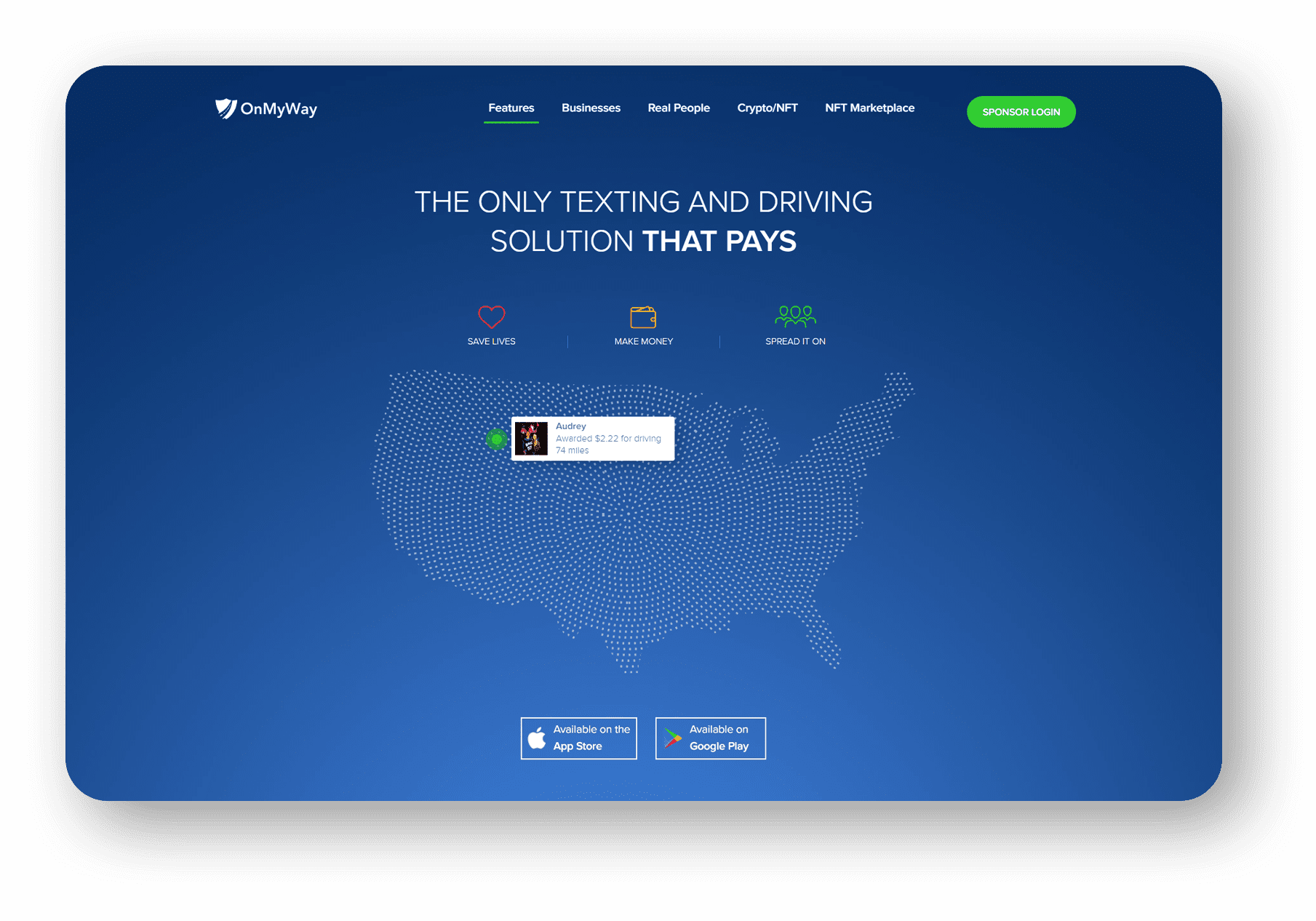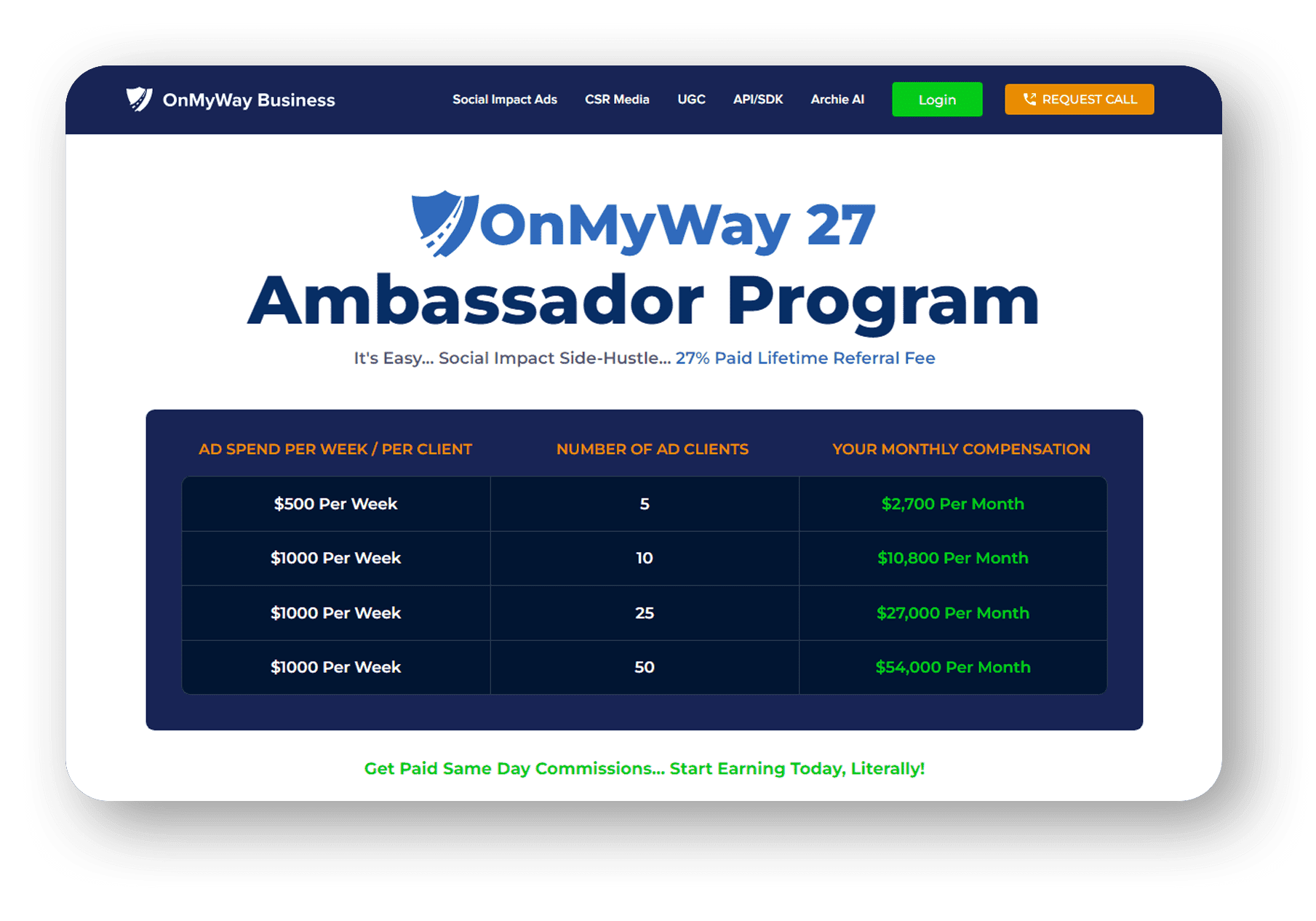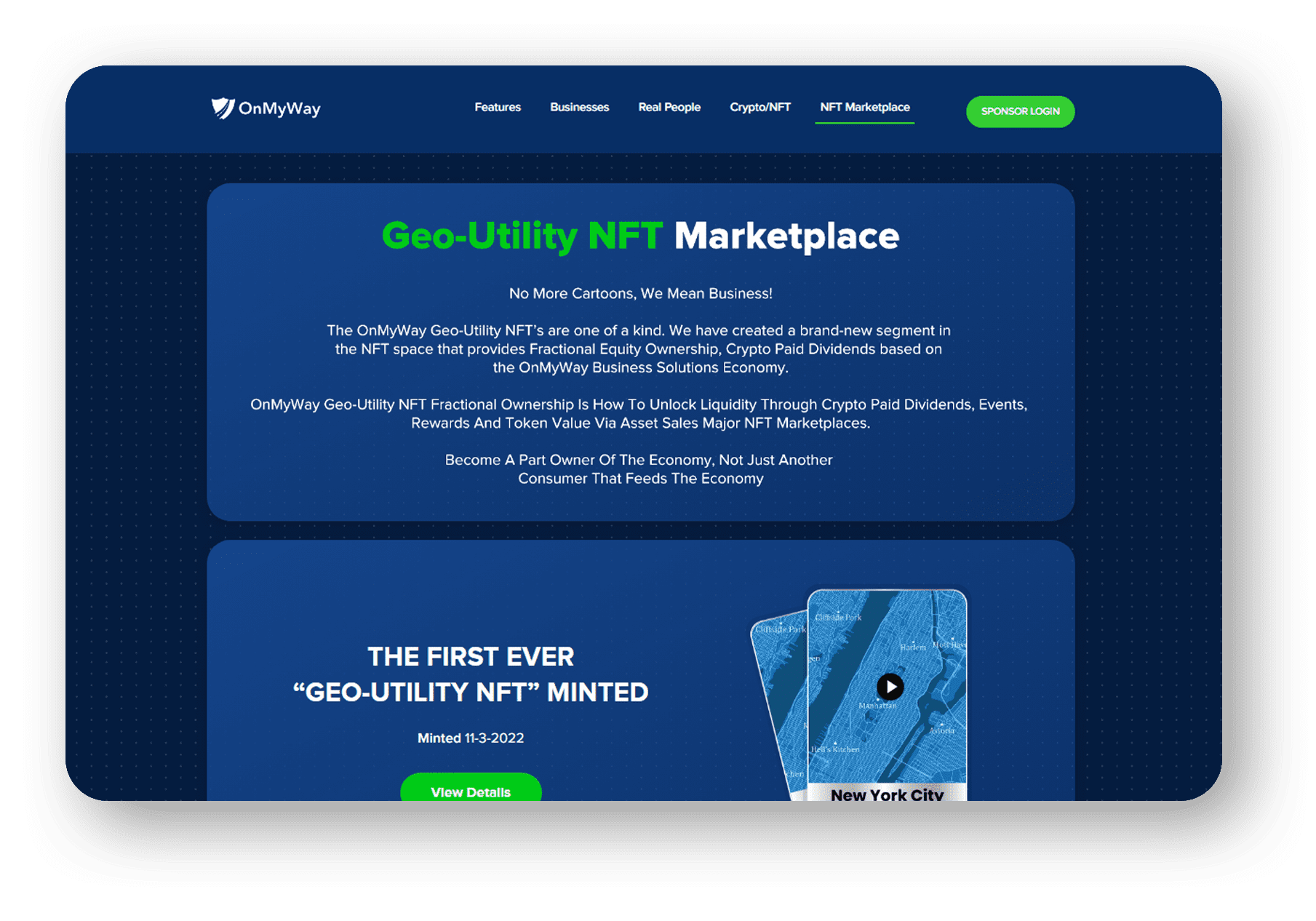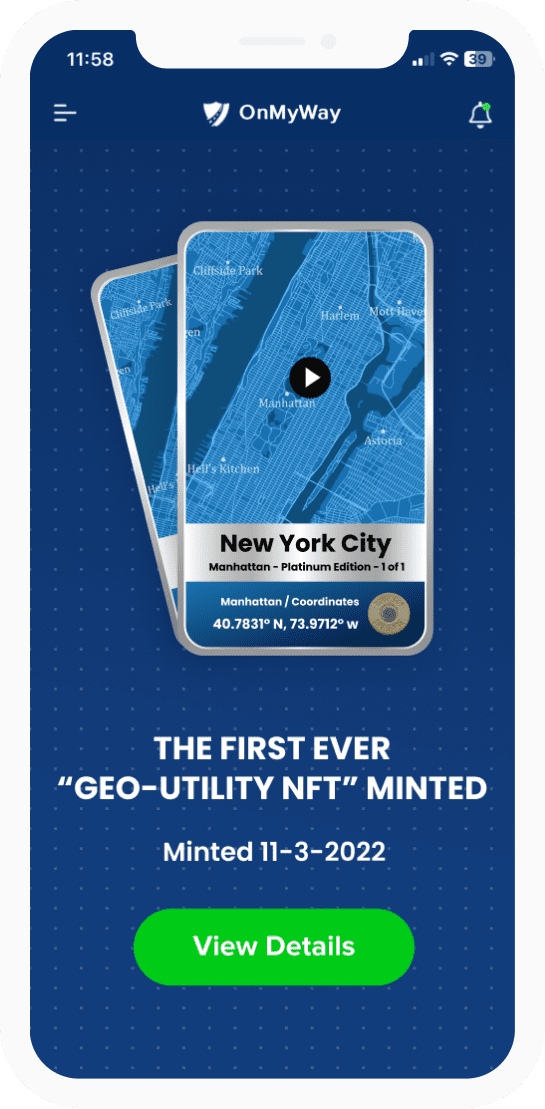
Every American should be afforded the opportunity to observe Trump sitting silently for an hour. As it was, a half-dozen members of the public and a few dozen representatives of the press had their names drawn out of a hat by the clerk of the U.S. District Court for the Southern District of Florida. In April, at Trump’s arraignment in Manhattan on thirty-four counts of falsifying business records, the former President said fewer than a dozen words. On Tuesday, facing federal charges—including willful retention of national-security defense information and conspiracy to obstruct justice—Trump said absolutely nothing. His lawyers did the talking for him. “Your honor, we most certainly enter a plea of not guilty,” Blanche said, a few minutes into the proceeding.
There had been speculation before the hearing that Trump wouldn’t be formally arraigned on Tuesday. Two of the lawyers who had been handling the case left his legal team last week, after the indictment against him was unsealed. Since the case will be tried in Florida, Trump needed a lawyer admitted to the bar in the state. But who would take such a case, with such a client, and at the last minute? Representing Trump right now means accepting a nonzero chance of ending up in legal trouble oneself. Federal prosecutors, led by the special counsel Jack Smith, built their indictment against Trump in part using notes kept by one of Trump’s own lawyers, M. Evan Corcoran, who will now likely be called as a witness in the case. But there was Kise, a veteran Florida lawyer with deep ties to the state Republican Party, sitting to Trump’s left. There always seems to be someone in a red hat or blue suit ready to step in for Trump, no matter the fate of the last guy.
Arraignments are usually considered perfunctory affairs, particularly in cases against wealthy defendants who can afford bond and stay out of pretrial detention. But nothing about the criminal prosecution of a former President is perfunctory. As was the case in April in Manhattan, Trump’s arraignment on Tuesday involved extensive discussion of Trump’s extraordinary circumstances. Prosecutors allege that Trump kept classified national-security documents in sloppily stored banker’s boxes at Mar-a-Lago, his private club in Palm Beach, and at his golf club in Bedminster, New Jersey, and that he engaged in a series of deceptions and scheming maneuvers when asked to return them. While discussing whether the judge presiding over the arraignment, Jonathan Goodman, would prohibit Trump from contacting witnesses in the case, Blanche argued that such a rule would be impossible for Trump to abide by, since the case involved so many elements of Trump’s life: his staff, his security detail, his clubs.
Trump’s co-defendant in the case is Waltine Nauta, a former White House military valet who has continued to work for Trump since the former President left office. The government says that Nauta was the other member of Trump’s conspiracy to keep the classified documents. Nauta was sitting at the defense table to Blanche’s right, his shiny bald head a contrast with Trump’s shiny blond head. Goodman said it was his understanding that Nauta was with Trump “on a daily or nearly daily basis.” Nauta’s presence meant that Trump had some familiar company in the courtroom. As was the case in Manhattan, no member of Trump’s family attended the hearing in Miami. There has been much talk about what kind of venue Florida will be for a Trump trial, and whether a jury here will be friendlier to the former President than one in New York. Calls had gone out for Trump supporters to protest the proceeding on Tuesday. But, for much of the morning, Trump fans were rivalled in number by the feral chickens that live on the grass outside the Wilkie D. Ferguson, Jr., Courthouse.
Stony-faced in a blue suit and red tie, Donald Trump sat flanked by defence lawyers in a courtroom to face criminal charges, for the second time since leaving office.
The former president listened with a slight frown while prosecutors accused him of improperly possessing and concealing classified documents. It is the first time a former president has faced federal criminal charges.
There were no cameras, phones, or laptops allowed inside the Miami courthouse, and no photos were taken of Mr Trump’s arraignment.
Just a few moments before, US Marshals had processed Mr Trump like any other defendant, taking his fingerprints, date of birth, and address. No mugshot was taken, however. Mr Trump was so famous, officials said, that they did not need an additional photo.
The former president, known for his bombastic oratorical style, did not address the court once during his arraignment, even to enter a plea.
“We most certainly enter a plea of not guilty,” one of his attorneys, Todd Blanche, declared on his behalf.
At the same table as Mr Trump was Waltine Nauta, the personal aide that federal prosecutors have charged as a co-conspirator. The two, who had travelled to court together, did not appear to interact once inside the courtroom.
On the other side of the aisle, in the second row, sat Jack Smith, the Justice Department special counsel who just days ago unveiled the bombshell charges that Mr Trump had hoarded top-secret documents at his Mar-a-Lago estate.
Tuesday’s hearing will kickstart what will likely be a winding, dramatic judicial process, with criminal and appeal proceedings that may play out for years. US District Judge Aileen Cannon – a Trump nominee whose decision last year to order a third-party review of an FBI search of Mar-a-Lago was widely criticized and overturned by a conservative appeals court – has been assigned the case.
Attorneys Todd Blanche and Chris Kise represented Trump in court for the arraignment. However, the role Kise will play going forward is unclear, and he was sidelined during last year’s litigation over the Mar-a-Lago search amid Trump team infighting.
Another Trump attorney, Alina Habba, spoke outside the courthouse ahead of Trump’s arraignment, saying that the former president was “defiant.”
Habba ridiculed what she called a “two-tiered system of justice” and called the indictment an “unapologetic weaponization of the criminal justice system.”
The Justice Department’s counterintelligence chief Jay Bratt, who has been a key player in the documents probe so far, also attended Tuesday’s hearing, along with prosecutors Harbach and Julie Edelstein.
Seriousness of the charges
Before last week’s federal indictment, Trump also faced criminal charges brought by New York City’s local prosecutors for an alleged hush money scheme in the 2016 campaign in which Trump is accused of falsifying business records.
The new charges in the DOJ documents case are drastically more serious and present the possibility of several years in prison if Trump is ultimately convicted.
Thirty-one counts that Trump faces are for willful retention of national defense information, a charge that does not turn on whether the documents are classified. In addition to the obstruction conspiracy, he also faces four counts related to the concealment of the documents, as well as a false statements charge.
“In a case like this, obstruction and tampering help prove the main charge, that the defendant willfully engaged in the charged conduct,” said David Aaron, a former federal prosecutor in espionage section of the DOJ’s national security division and a current senior counsel at Perkins Coie. “Those facts could also affect how a judge, the jury, or the public views the case and could substantially affect sentencing.”
One major x-factor in the prosecution of the case is its assignment to Cannon, who sits in Ft. Pierce, Florida, but who is part of the pool of judges who are randomly cases filed in West Palm Beach, where the new indictment was brought.
“There are few things more powerful than a district judge in a federal case,” said Alan Rozenshtein, a former attorney in the DOJ National Security Division who is now a University of Minnesota law school professor. “She could – if she wanted to – cause huge problems for the prosecution. Would they be existential problems? Probably not.”
Cannon’s approach to last year’s Trump lawsuit challenging the FBI’s Mar-a-Lago search raised eyebrows among legal experts across the ideological spectrum for how she appeared to bend over backward to create special legal rules in favor of the former president. Her rationale for why such a review was necessary was torn apart by a panel of right-leaning appellate judges, including two Trump appointees, on the 11th US Circuit Court of Appeals last December.
“She got so banged up by the 11th Circuit that she might be ultra-cautious,” Kel McClanahan, a national security lawyer and an adjunct professor at the George Washington University Law School. “We just don’t know.”
OVERVIEW
OnMyWay Is The #1 Distracted Driving Mobile App In The Nation!
OnMyWay, based in Charleston, SC, The Only Mobile App That Pays its Users Not to Text and Drive.
The #1 cause of death among young adults ages 16-27 is Car Accidents, with the majority related to Distracted Driving.
OnMyWay’s mission is to reverse this epidemic through positive rewards. Users get paid for every mile they do not text and drive and can refer their friends to get compensated for them as well.
The money earned can then be used for Cash Cards, Gift Cards, Travel Deals and Much, Much More….
The company also makes it a point to let users know that OnMyWay does NOT sell users data and only tracks them for purposes of providing a better experience while using the app.
The OnMyWay app is free to download and is currently available on both the App Store for iPhones and Google Play for Android @ OnMyWay; Drive Safe, Get Paid.
Download App Now – https://r.onmyway.com
Sponsors and advertisers can contact the company directly through their website @ www.onmyway.com











